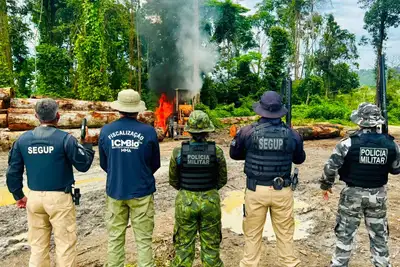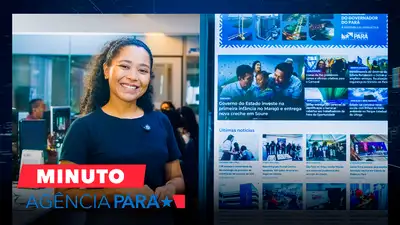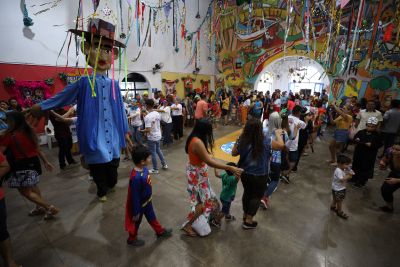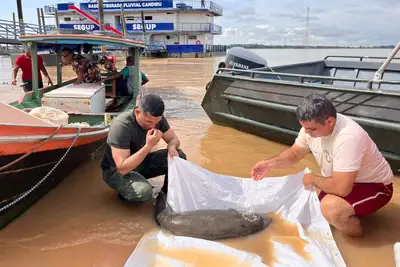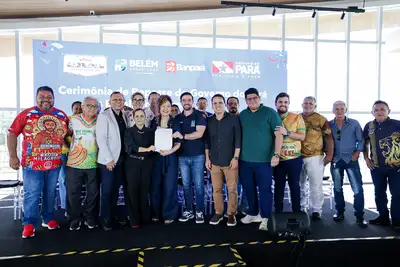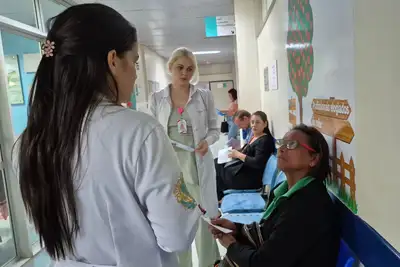Pará trains new servers to assist people with autism in all 144 municipalities
Professional training promoted by the State Government, in partnership with ETSUS and CIIR, included practical activities at Cetea, in Belém
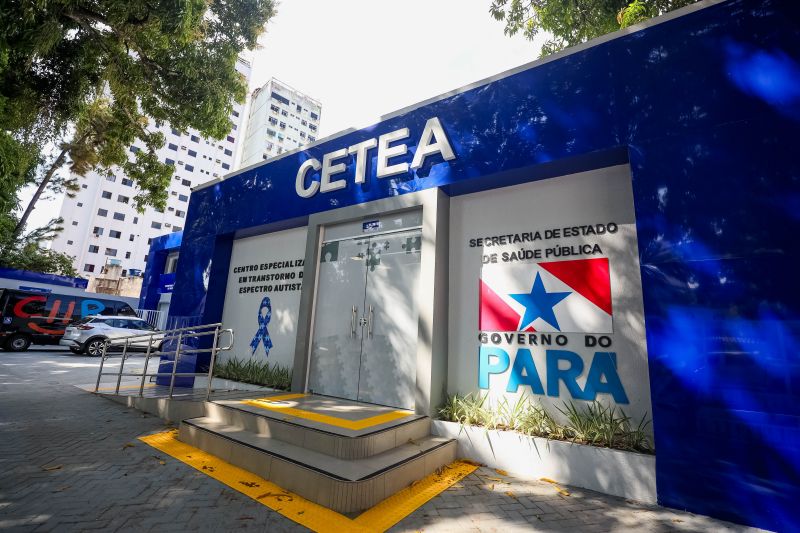
The Integrated Center for Inclusion and Rehabilitation (CIIR), through the Specialized Center for Autism Spectrum Disorder (Cetea), concluded this Friday (27) the first class of the training axis of 2025: "The Importance of Monitoring Child Development in Autism Spectrum Disorder."
The training is part of an initiative by the Government of Pará, through the State Department of Public Health (Sespa) and the State Coordination of Autism Policies (CEPA), in partnership with the Technical School of SUS in Pará "Dr. Manuel Ayres" (ETSUS) and CIIR itself.
With a workload of 50 hours, the course was conducted over five days and combined theoretical and practical content at Cetea, in Belém. The target audience was professionals from the Unified Health System (SUS) who work in assisting people with Autism Spectrum Disorder (TEA) in the 144 municipalities of Pará, distributed across the 12 Integration Regions of the State.
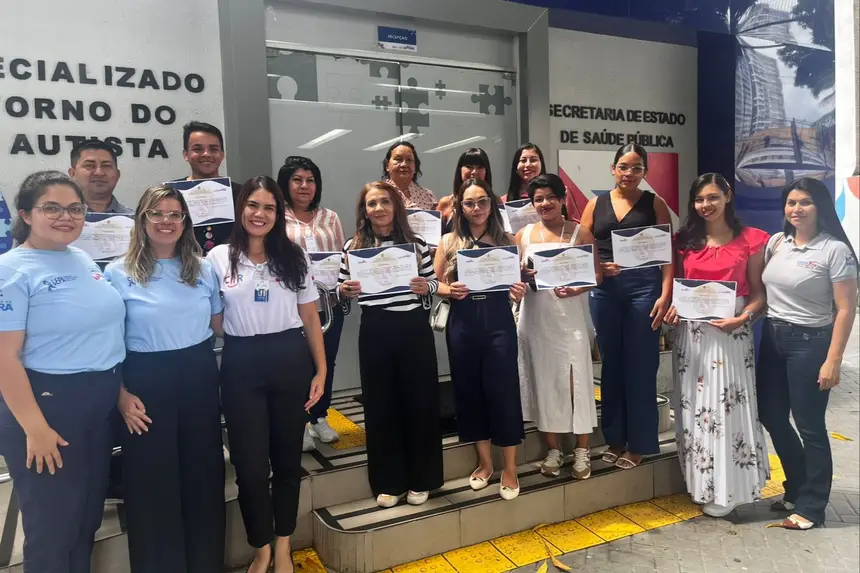
Qualification for comprehensive care
The training axis aims to strengthen the network of care for individuals with TEA, promoting the technical qualification of health professionals, focusing on more humanized and inclusive care. During the training, participants experienced practices of welcoming, assessment, and intervention, contributing to the expansion of comprehensive care.
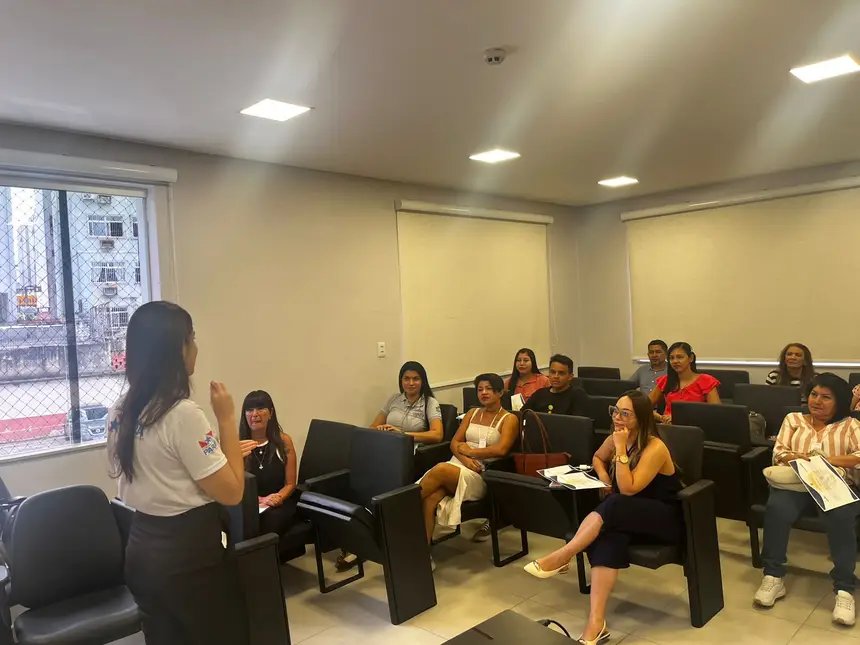
Pioneering center
Cetea is the first public center in Brazil dedicated exclusively to training SUS servers in assisting people with autism. In addition to offering specialized infrastructure, the space has a multidisciplinary team and technical-pedagogical support.
According to Luciana Maués, pedagogical coordinator of Cetea, the training represents a commitment to decentralization and qualification of care. "We are preparing professionals to act with more security, sensitivity, and technical knowledge in the various realities of our state," she stated.
The manager also highlighted that the training helps combat prejudice and ableism. "Well-informed professionals strengthen bonds with families and promote more welcoming and respectful environments," she added.
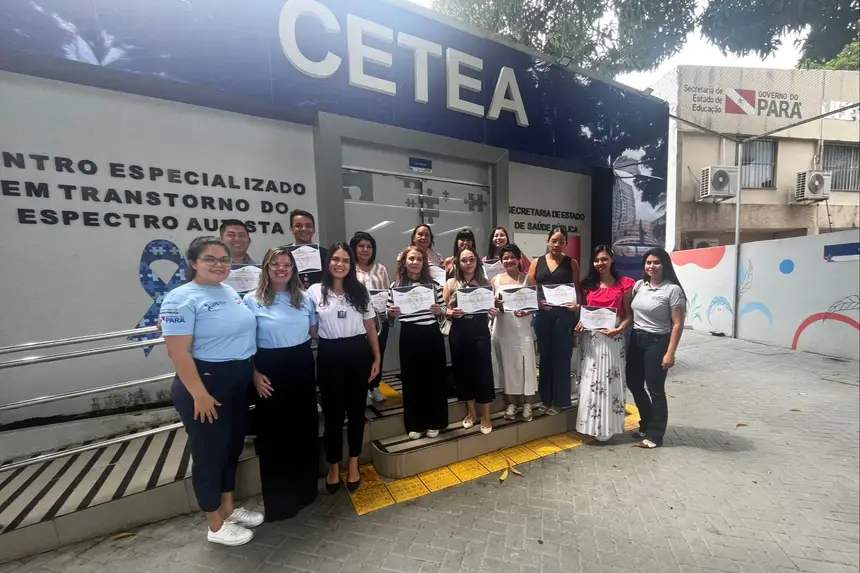
Local impact
Thais Veiga, a social worker who has been working in Tucuruí for nine years with people with autism, evaluated the training as enriching. "One of the highlights was the emphasis on practice. I feel motivated to apply this knowledge in my community," she stated.
The first class had 12 participants from the municipalities of Limoeiro do Ajuru, Dom Eliseu, Tomé-Açu, Curralinho, Bagre, Augusto Corrêa, and Belém.
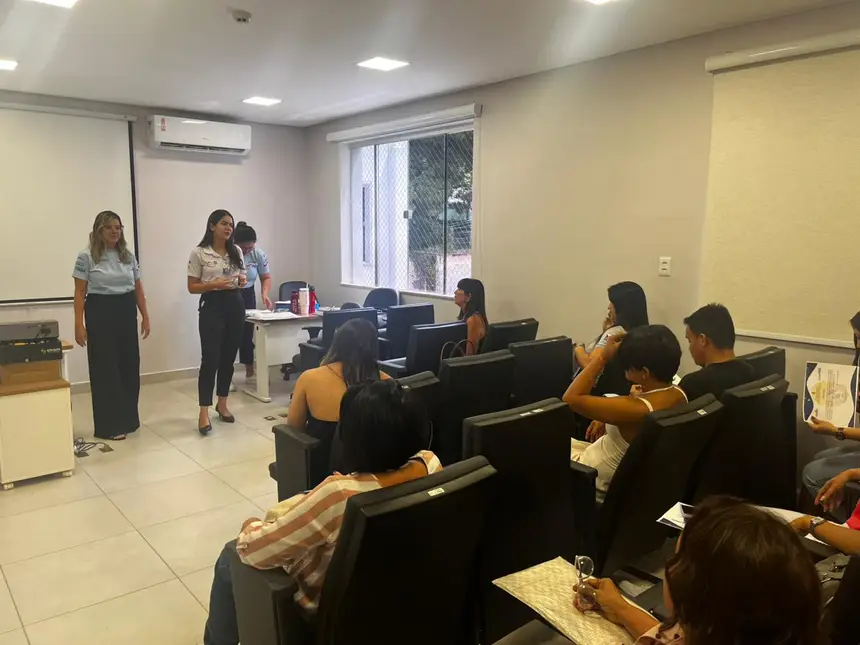
Upcoming classes
Throughout the second semester, six more classes will be offered, with 20 spots each, totaling 140 trained professionals by the end of 2025. Registrations are available on the ETSUS website, where the complete notice can also be consulted.
Classes take place at Cetea, located at Rua Presidente Pernambuco, nº 489, Batista Campos neighborhood, in Belém, in the morning and afternoon shifts, with activities in the classroom, mirror room, therapy room, and auditorium.
The initiative reinforces the commitment of the Government of Pará to the continued training of health professionals and the improvement of services provided to people with TEA and their families, strengthening public policies for inclusion, welcoming, and well-being throughout the Pará territory.
Service: CIIR/Cetea is an agency of the Government of Pará and is located at Rodovia Arthur Bernardes, nº 1000, also in the capital of Pará. More information: (91) 4042-2157/58/59.
Text: Tarcísio Barbosa (Ascom CIIR)


